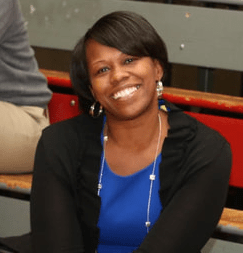Michelle Davis is the Dean of Culture at Davis Aerospace and a graduate of DPS’ Murray Wright High School. In high school, she had a student teacher, Annetta Wellman, who “saw me as a whole person; she changed my life.” Following high school Ms. Davis enrolled at private Benedict College, ran out of money and transferred to and graduated from Alabama State University with a Bachelors in Education. She went on to receive her Masters from Marygrove College, and her Education Specialist in Leadership, Curriculum and Administration a graduate degree from Oakland University.
She taught at Northern High School and fell in love, never wanting to leave the classroom. After being displaced at Crockett Vocational School, she was offered the opportunity to be a Reading Integration Specialist, which required her leaving the classroom.
She refused, but mentor Brenda Belcher convinced her to explore the opportunity where she found more access impacting more children when you come outside the classroom; academically, socially, emotionally and spiritually.
Twenty-four years later, poverty has increased, with substantially more homeless and foster care students that live below the poverty line. Respect in the community for the District has diminished. “Our voices are not heard now,” she says. She taught through all the transitions; State control and more. “Educators had a voice before State control and now, thankfully, they have more of a voice under Dr. Vitti, General Superintendent”. When the District was considering closing Davis Aerospace School, elected school board member Angelique Peterson-Mayberry attended the meeting. Not only did she attend, “she stayed late, gave her number and kept her promise to become an amazing ally”, understanding that student achievement is directly related to teacher performance.
The other challenge is that secondary trauma needs more support. Davis says. Dr. Vitti started a pilot program where students have access to trauma-informed professionals at 6 schools. Ms. Davis scheduled a 30-minute meeting with the Superintendent on an unrelated matter, at the end of the meeting Davis asked if Davis Aerospace could have funds for trauma-informed care for students and for teachers. The 30-minute meeting lasted 90 minutes and without hesitation he said yes. “ One of the aspects about Dr. Vitti that I respect is that he is willing to
listen and be flexible, he made me feel valued and appreciated. He truly has a heart for children.”
“We are the answer”, she says. “There is no way you can be invested in a school and ignore the issues of the children around you”. Davis has paid for graduations, funerals, even rehabbing a house for young adults caring for siblings with no parents. She’s had partial custody of students with incarcerated parents. She created an after-school mentoring program after learning that from 4-8p, young men are likely to get into trouble. She found herself staying after school every night with young men who shared very serious issues (abuse and neglect) and in need of mental health services and programs. She said, “we need to pick a day”, after getting home every night after 9p. They picked Friday. One of the male students suggested that she start a male mentoring program. She said go ask the men in the school to start the program. They said no. She started the program 10 years ago and it continues to thrive. She now focuses on the girls in need of mentoring and exposure. In 2018, in partnership with Delta Airlines, Ms. Davis took 40 girls interested in aviation to Atlanta. Delta provided a chartered plane for the day trip. They toured Delta headquarters and learned about the industry. It was a life-changing experience. “You must become an ‘interrupter’ of the experiences in their reality, emphasizing why school is important.” “We must be deliberate about what we are pouring into our children.” Attendees must pledge after leaving her program, that they will come back and be a mentor. “We grow our own mentors and what our community needs”. She believes her title should be Dean of Climate, Culture and Community, as community shapes culture and both must be addressed simultaneously. Since COVID has shuttered DPSCD and the city of Detroit, she’s gotten food, mental health services for her students and is in the process of rehabbing a house for students living abject poverty and deceased parents. She also wears the hat of Athletic Coordinator at Davis Aerospace. She does whatever is needed, wherever she is needed.
What does the future hold for this guardian angel? She says, “the future can only get brighter”. Her mentor Brenda Belcher taught her there are three stages of production which she relates to her journey at DPSCD:
1) Storming (the chaos when DPSCD was under State control);
2) Norming (Detroiters resuming authority over DPSCD, electing a school board who hired a
Superintendent and previous educator who cares about children); and
3) Performing (adequately performing and operating at your optimal levels)
Michelle Davis is optimistic. “Faith without works is dead. It’s only going to get better”.

